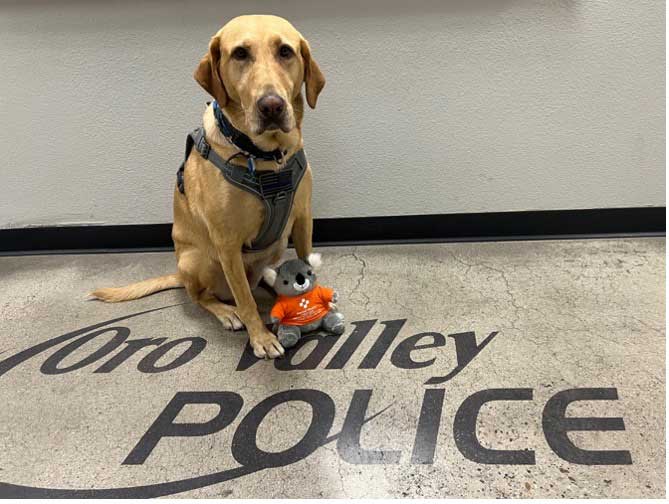As conversations around mental health become more common, it is increasingly important that we consider the mental health of everyone – especially teens. Half of mental health challenges begin by age 14, so it’s crucial to start these conversations early so you can maintain an open dialogue as teenagers mature.
Studies show that healthy friendships are important to mental wellbeing. They can help increase a sense of belonging, improve self-confidence and help reduce stress and anxiety. COVID-19 continues to complicate life, forcing many teens to spend more time than usual away from friends and peers. That shift has taken a toll on many teens’ mental health, with nearly one-third reporting feeling unhappy or depressed in recent months.
The World Health Organization (WHO) defines mental health as “ A state of well-being in which the individual realizes their own abilities, can cope with the normal stresses of life, can work productively and fruitfully, and is able to make a contribution to their community.” For teens, this may look like enjoying extracurricular activities, taking an interest in their relationships, pursuing job opportunities, and being resilient in the face of challenges.
It is important to know what is “normal” for your teen, and to understand that what may be typical for one teen may not be for another. Changes in behavior could point to a mental health or substance use challenge. Keeping the lines of communication open is critical.
Your teen may be scared to ask for help if conversations around mental health aren’t the norm in your household. Having these conversations won’t always be easy, but they could make all the difference for your teen – establishing an open and safe dialogue will ensure that trust is there for them to open up to you about some problems they may be facing.
Here are some tips to make having these conversations a bit easier:
- Be genuine. Though this may seem intuitive, being genuine when listening to your teen will show them that you are in their corner, and not there to punish them. It is important that they realize that you care about what they are going through, even if you may feel uncomfortable or do not think their problem is that significant. If it was important enough for them to bring it to your attention, it should be important to you. Try to not minimize their feelings or experiences or use words like “crazy” or “silly”. This not only further stigmatizes mental health but will discourage your teen from coming to you for help in the future.
- Allow for silence. This may be hard at first, but it is crucial that you allow for your teen to express themselves in their own words. Avoid “filling in the blanks” with what you think they will say next or how you think they may feel. This discourages teens from sharing their full experience, and you may miss the full picture from their point of view.
- Prepare to be an advocate. If your child needs help, reach out to their doctor, school counselor, or a trusted adult at their school for a referral to a mental healthcare provider in your community. Support your teen as you are able — take them to appointments, give them space and privacy to attend virtual appointments or support groups, or continue to have that open dialogue to make sure they are on the right track. Many methods of support require a parent or guardian’s signature, and remember that conversations between your teen and their mental healthcare provider are confidential unless there is an emergency.
Feeling comfortable enough to ask for help and have these conversations will help your teen feel independent and keep them safe. You may not be able to shield them from everything, but you can offer your support and love when they need it. If you’re not used to having these conversations, remember that this is going to take some practice. These conversations with your teen will get easier the more you have them, and the sooner you start, the sooner you can offer your support. Remember, mental health problems are common and can be solved. If you’re still looking for ways to talk to your teen about their mental health, taking a Mental Health First Aid course can help start the conversation.
If your teen does anything that indicates they have a desire to hurt themselves or others, take them seriously.
If you feel your child is in danger, call 911, a local mental health crisis hotline, or one of the following national crisis resources for immediate assistance:
- National Suicide Prevention Lifeline: 800-273-TALK (8255)
- Crisis Text Line: Text ‘MHFA’ to 741-741
Your school or youth-serving organization can bring teen Mental Health First Aid training to your community. For more information about tMHFA, visit MHFA.org/teens.
References
American Psychiatric Association. (2021). Warning Signs of Mental Illness. Retrieved October 2021, from https://www.psychiatry.org/patients-families/warning-signs-of-mental-illness.
Mental Health America. (2021). Talking to Adolescents and Teens: Starting the Conversation. Retrieved October 2021, from https://www.mhanational.org/talking-adolescents-and-teens-starting-conversation.
Mental Health First Aid USA. (2020). teen Mental Health First Aid USA: A manual for young people in 10th–12th grade helping their friends. National Council for Mental Wellbeing.
World Health Organization. (2018, March). Mental Health: Strengthening Our Response. Retrieved October 2021, from https://www.who.int/news-room/fact-sheets/detail/mental-health-strengthening-our-response.
New York Times. (2020, November). Teens in Covid Isolation: ‘I Felt Like I Was Suffocating.’ Retrieved October 2021, from https://www.nytimes.com/2020/11/12/health/covid-teenagers-mental-health.html.



